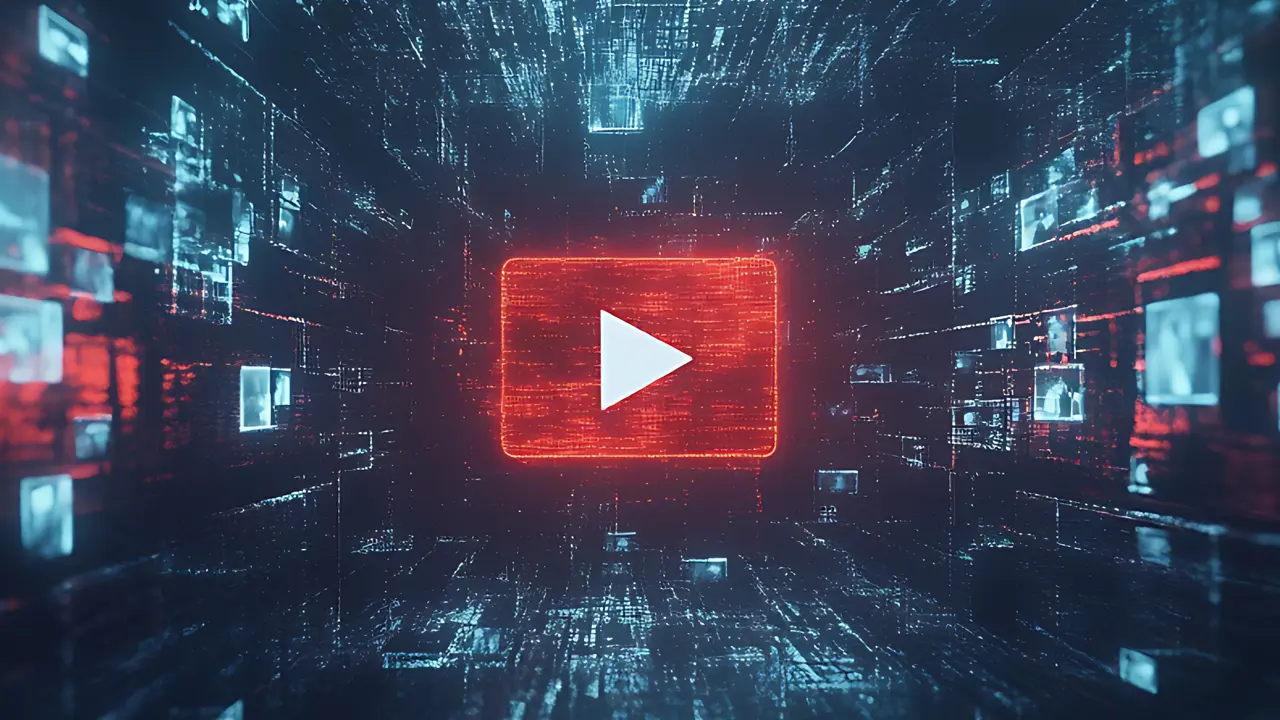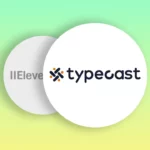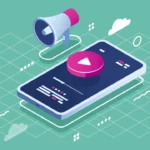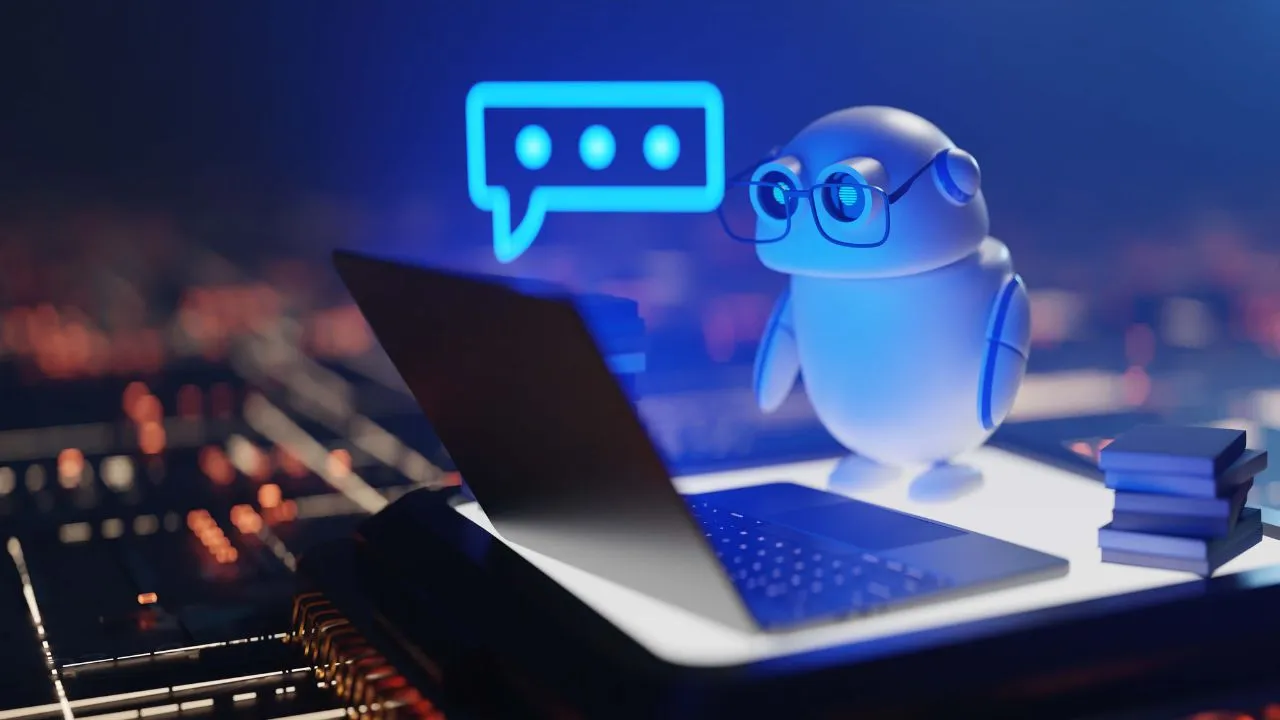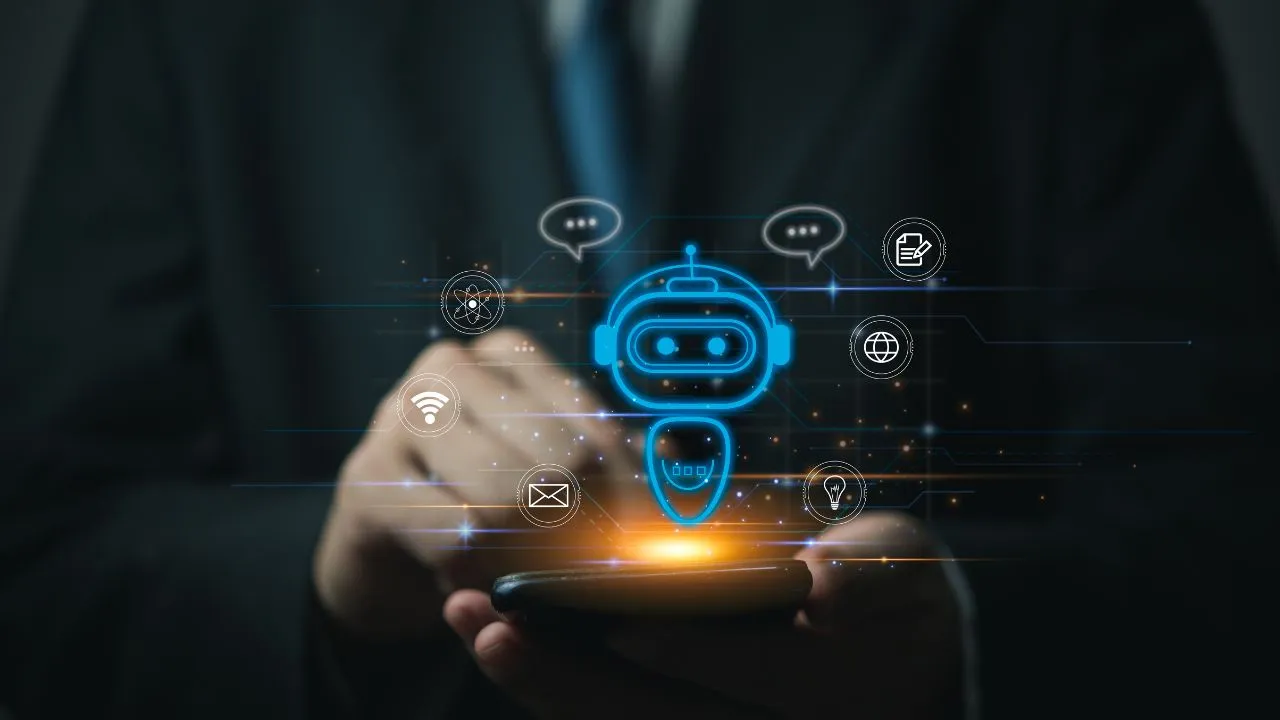On July 15, 2025, YouTube will begin enforcing new guidelines under the YouTube Partner Program (YPP), prompting questions and concerns across the creator community—especially around YouTube AI voice monetization.
Contrary to rumors, the update does not ban AI voiceovers or text-to-speech (TTS).
Instead, it strengthens enforcement against low-effort, repetitive, or mass-produced content while still allowing creators to use AI tools responsibly, as long as the final product is original and adds real viewer value.
What content is at risk?
Videos in danger include:
- Repetitive templated slideshows with synthetic narration.
- Bulk-generated AI voiceovers with minimal editing.
- Reused content that lacks transformation or added context.
YouTube calls such content “inauthentic” and “spam,” and these have already been ineligible for monetization under existing policy.
AI voices are still allowed—when used thoughtfully
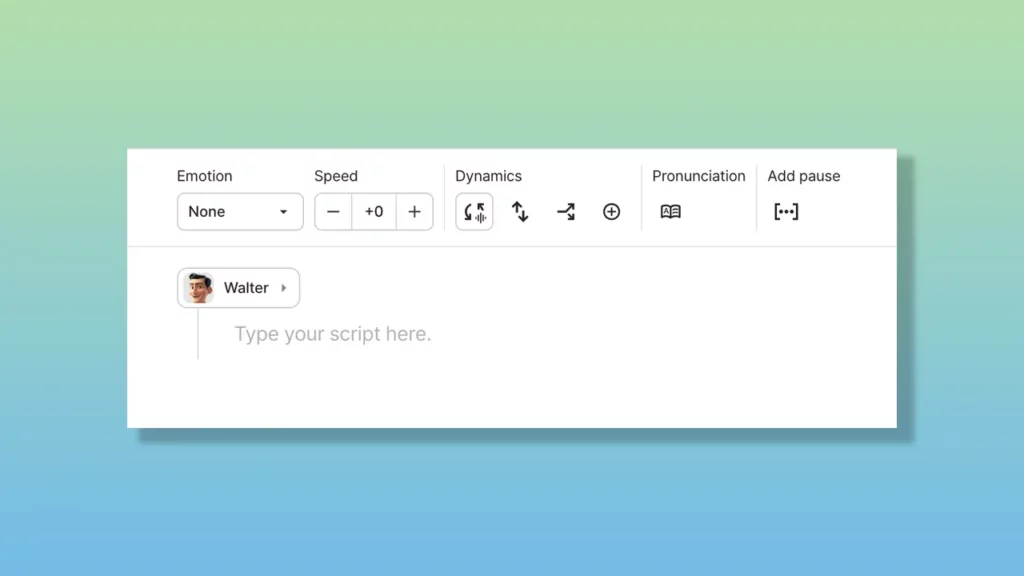
YouTube stressed that AI voiceovers and TTS are not banned—so long as your content remains original, adds meaningful value, and includes some human input.
In fact, YouTube even encourages the use of AI tools to create better quality and more authentic content.
René Ritchie, YouTube’s creator liaison, labeled the update a “minor update” aimed at reinforcing authenticity over algorithmic loopholes.
Community & creator reactions
On r/NewTubers, one creator summed it up:
“YouTube are NOT banning AI. YouTube are NOT demonetising AI… just tougher application of existing ones.” – r/NewTubers
Another added specifically:
“You can use AI voice also it’s not a problem, AI voice is not considered as repetitive content.” – r/PartneredYoutube
These firsthand reactions confirm that thoughtful editing and scripting keep AI-based videos safely monetized.
What still works: Real-world examples
| Content Style | Monetizable? | Why It Passes |
| AI narration + researched script + original visuals | ✅ | Unique value; clear human effort |
| Faceless educational content with TTS + B‑roll + insights | ✅ | Transforms reused or public footage |
| Bulk slideshow with generic TTS | ❌ | No narrative, repetitive format |
| Reaction/critique channels with AI intro + commentary | ✅ | Adds analysis, insights, human voice aligns |
YouTube states that AI long-form content or Shorts are still eligible, provided they meet originality thresholds.
How creators can stay compliant
To ensure your AI-assisted content remains eligible for monetization:
- Maintain originality – Use AI as a tool, not the sole creator.
- Add human narrative – Script and voiceover should reflect your perspective.
- Avoid low-effort automation – Don’t mass-produce templated videos.
- Transform content – Make it more than just reused or repurposed material.
- Appeal if necessary – If flagged, you can contest with clear reasoning.
Final take: No panic, just purpose
YouTube’s July 15 update is not an AI ban, but a push for authenticity and viewer value.
Channels that thoughtfully integrate AI—through editing, scripting, or narration—remain monetizable.
Use AI as a creative partner—not a shortcut—and your channel will continue to grow and monetize.
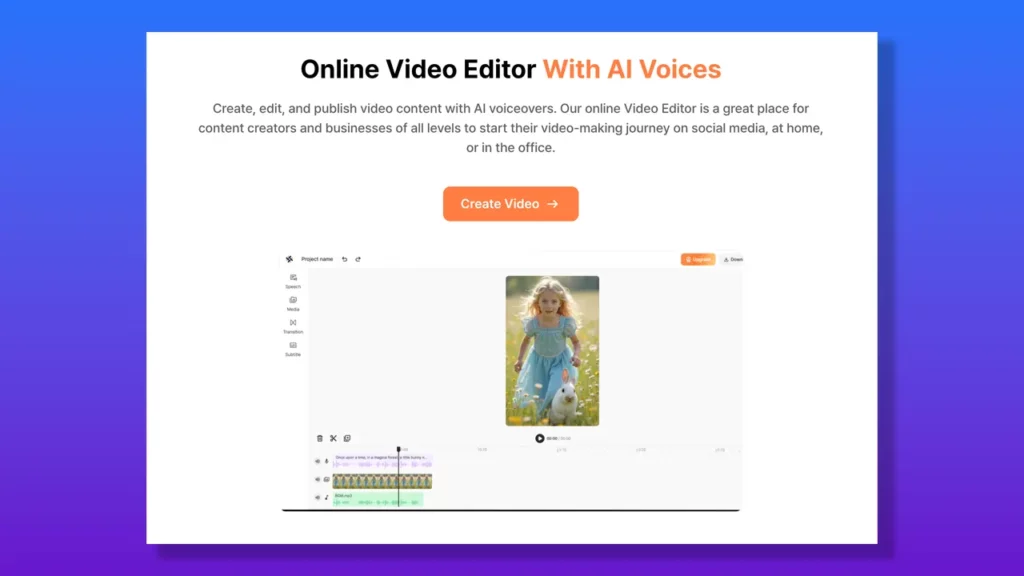
If you’re looking to incorporate AI into your content responsibly, Typecast is a powerful platform that lets you create lifelike AI voiceovers and video using over 580 AI voice actors.
Whether you’re building explainer videos, narrating scripts, or localizing content in multiple languages, Typecast helps ensure your productions stay original, engaging, and fully compliant with YouTube AI monetization policies.
